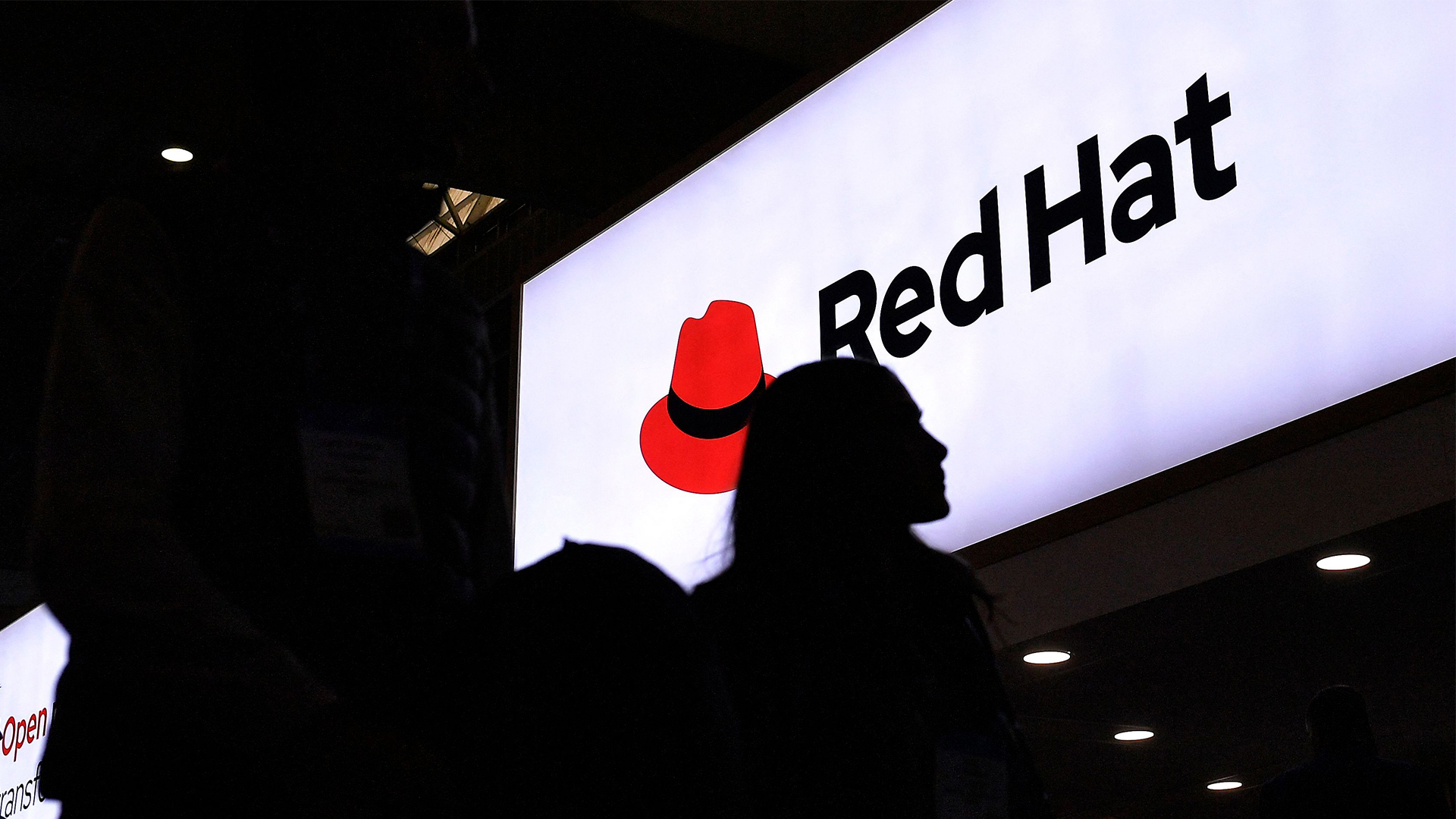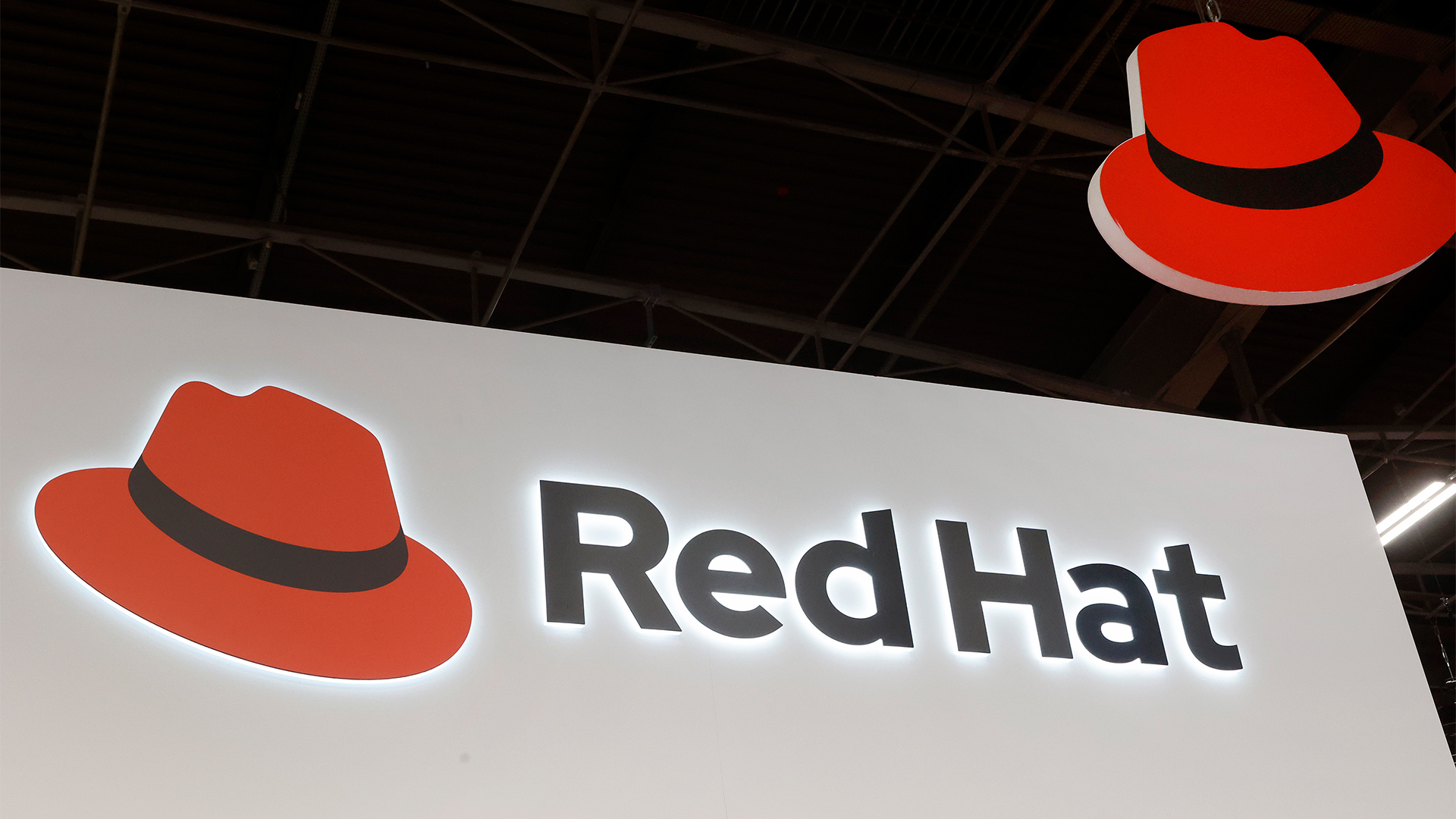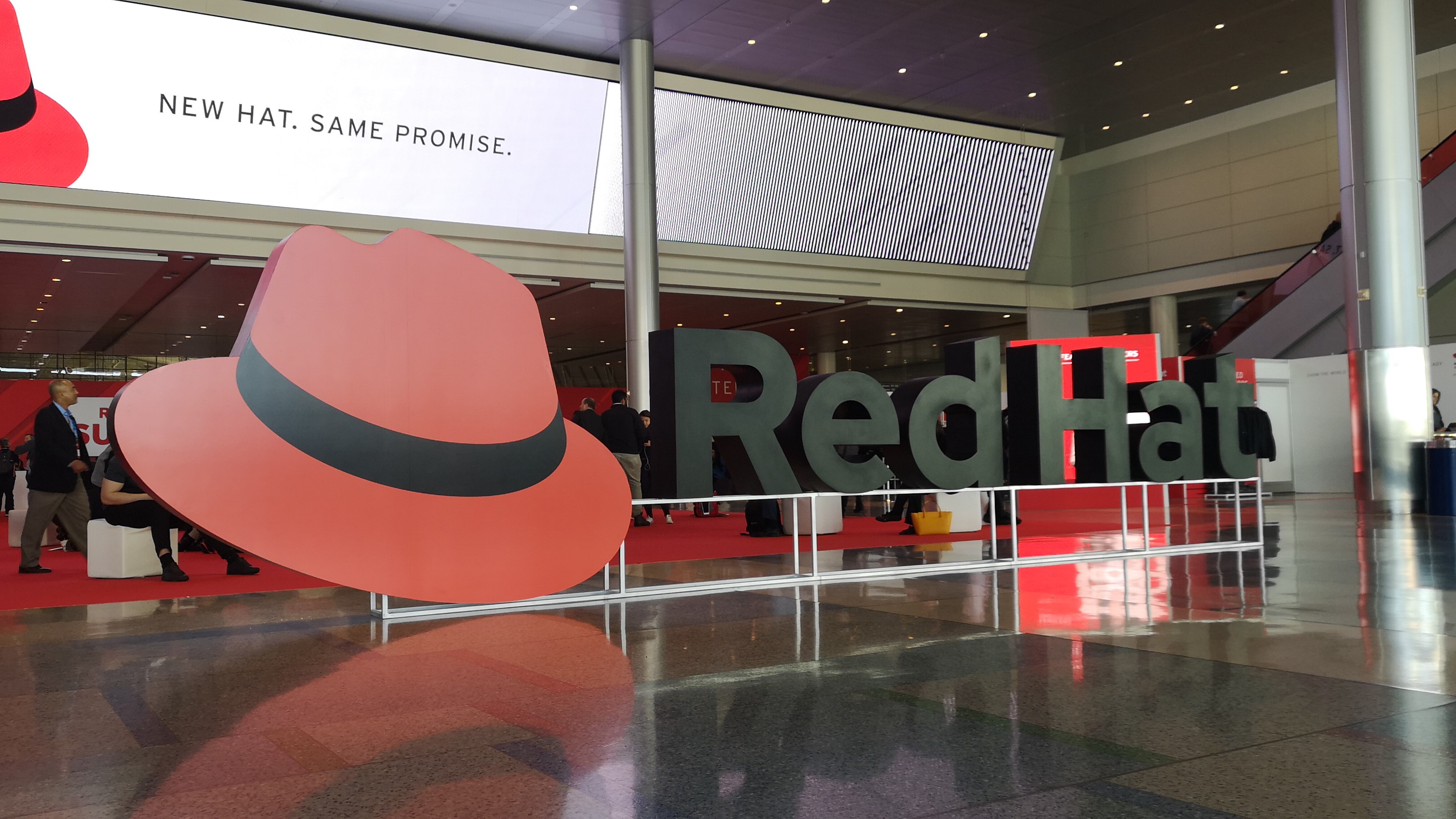Red Hat unveils Developer Sandbox for Red Hat OpenShift
The no-cost OpenShift sandbox features built-in Kubernetes development tools

Red Hat has announced the general availability of its Developer Sandbox for Red Hat OpenShift, a zero-cost development environment for building Kubernetes-based applications.
Red Hat’s new sandbox will help ease application development thanks to its pre-configured set of developer tools. The service also includes a private OpenShift environment within a shared, multi-tenant OpenShift cluster.
According to Red Hat, its new OpenShift sandbox’s tightly integrated infrastructure and tools offer a safe environment for developers to build new applications, add new services, create containers from source code or Dockerfiles, and more.
“Much of our work around Red Hat OpenShift has been focused on maximizing developer productivity and enabling developers to take full advantage of the power of Kubernetes, said Mithun Dhar, vice president and general manager of developer tools and programs at Red Hat.
“We do this by abstracting the underlying complexity and offering a powerful platform and ecosystem built around it. With the OpenShift sandbox and latest update to our developer tools, we are taking steps to make it even easier for developers to get started building for Kubernetes.”
Red Hat has also unveiled several updates to its developer tools. For example, Red Hat OpenShift 4.7 web console developer perspective now includes a quick add feature in the topology view for adding new components and services. Odo 2.1 helps extend the declarative developer workspace (devfile), making it easier to build and debug applications.
RELATED RESOURCE

Seven steps to successful digital innovation and transformation
What to invest in and what to avoid when pursuing digital transformation
Red Hat CodeReady Workspaces 2.8 features a new dashboard to support OpenShift OAuth flow for factories from private repositories. Red Hat CodeReady Studio 12.19 makes it possible to bootstrap and log into a developer sandbox or add, remove, and edit devfile registries. The update also adds Python support.
Get the ITPro daily newsletter
Sign up today and you will receive a free copy of our Future Focus 2025 report - the leading guidance on AI, cybersecurity and other IT challenges as per 700+ senior executives
What’s more, Visual Studio Code Tools for Red Hat OpenShift Application Services now supports clusters from Red Hat OpenShift Streams for Apache Kafka. Red Hat CodeReady Dependency Analytics 0.3.2 is compatible with the Go programming language. Also included in the latest version is a new command-line interface for easy integration.
Red Hat CodeReady Containers 1.25 will enable developers to create microservices and run them in Kubernetes-hosted containers. Eclipse JKube 1.2 brings improvements around Helm chart generation for the easy redeployment of applications. Lastly, GitHub Actions for Red Hat OpenShift and Enterprise Linux now supports standalone containers with Buildah and Podman, pushing images to the registry, and deploying to OpenShift.
-
 Cleo attack victim list grows as Hertz confirms customer data stolen
Cleo attack victim list grows as Hertz confirms customer data stolenNews Hertz has confirmed it suffered a data breach as a result of the Cleo zero-day vulnerability in late 2024, with the car rental giant warning that customer data was stolen.
By Ross Kelly
-
 Lateral moves in tech: Why leaders should support employee mobility
Lateral moves in tech: Why leaders should support employee mobilityIn-depth Encouraging staff to switch roles can have long-term benefits for skills in the tech sector
By Keri Allan
-
 Red Hat just made three big changes to its developer hub – here’s what you need to know
Red Hat just made three big changes to its developer hub – here’s what you need to knowNews Red Hat has unveiled a raft of upgrades for Red Hat Developer Hub (RDHD), including support for a local version as well as new analytics.
By Nicole Kobie
-
 Red Hat launches Build module as part of partner program refresh
Red Hat launches Build module as part of partner program refreshNews Red Hat has announced new changes to its partner program, including the launch of a new 'Build' module and go-to-market support capabilities.
By Daniel Todd
-
 Red Hat eyes “clear pathways for collaboration” with new partner program updates
Red Hat eyes “clear pathways for collaboration” with new partner program updatesNews The enhanced framework for Red Hat partners features a new modular design and fresh incentives
By Daniel Todd
-
 Red Hat adds trio of new tools to its Trusted Software Supply Chain
Red Hat adds trio of new tools to its Trusted Software Supply ChainNews The open-source giant said the additions will help organizations tackle vulnerabilities in their supply chains earlier and improve overall resiliency
By Daniel Todd
-
 Linux Blue Screen of Death gives users a taste of the dreaded Windows feature
Linux Blue Screen of Death gives users a taste of the dreaded Windows featureNews The Linux Blue Screen of Death has been added in a recent update
By Ross Kelly
-
 Red Hat Enterprise Linux becomes foundational operating system for Cohesity Data Cloud
Red Hat Enterprise Linux becomes foundational operating system for Cohesity Data CloudNews New strategic partnership between Red Hat and Cohesity aims to drive innovation in the data security and management space
By Daniel Todd
-
 Can the Open Enterprise Linux Association overcome Red Hat’s restrictions?
Can the Open Enterprise Linux Association overcome Red Hat’s restrictions?Analysis Defining how compatibility will be achieved is the crucial question in the Red Hat Enterprise Linux saga
By Richard Speed
-
 AlmaLinux follows Oracle in ditching RHEL compatibility
AlmaLinux follows Oracle in ditching RHEL compatibilityNews Application binary compatibility is now the aim with 1:1 now dropped
By Richard Speed